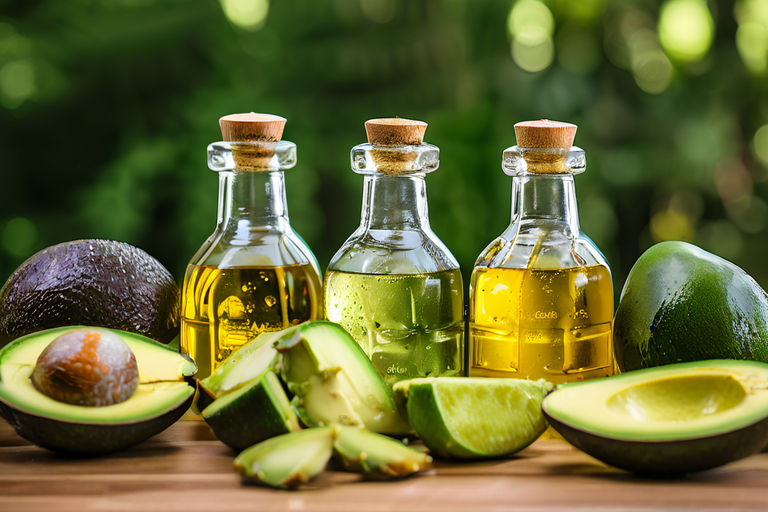Avocado oil is renowned for its exceptional attributes, notably for its abundance of health benefits stemming from its rich reservoir of monounsaturated fats, antioxidants, and vital vitamins. With its ability to withstand high heat without losing nutritional value, avocado oil is a culinary champion, elevating dishes to new heights of taste and healthfulness. However, avocado oil doesn't have any enforceable standards in the US and nearly 70% of private label avocado oil is rancid or mixed with cheaper oils, such as soybean and safflower. Rancid avocado oil can negatively affect the flavor of your dishes by leaving an unpleasant aftertaste in the food, and make the food smell bad, not to mention avocado oils aren’t cheap.
Researchers from the University of California, Davis, scrutinized 36 private label avocado oil samples, grading them based on quality and purity standards. Their analysis, detailed in the journal Food Control, revealed that only 31% of the samples were pure, and only 36% met advertised quality standards. Parameters for quality encompassed freshness and absence of degradation due to factors like aging or exposure to heat and light. Purity assessments involved analyzing fatty acids, sterols, and other distinguishing components unique to avocado oil. The study encompassed oils procured from 19 retailers across the United States and Canada, spanning various price brackets. Lower-priced options were more prone to being mixed with other oils.
When seeking avocado oil brands, prioritizing those that test each batch for purity and quality is essential. Experts advise favoring those with vibrant green hues and mild flavors, while refined types may exhibit lighter colors and are absence of flavor.
Assessing avocado oil quality entails multiple considerations, outlined below:
- Extraction Method: Opt for cold-pressed or expeller-pressed variants to retain flavor, aroma, and nutrients without resorting to high heat or chemical extraction.
- Color and Clarity: Unrefined avocado oil should boast a vivid green hue, while refined versions may appear lighter. Both should be clear without any sediment or cloudiness.
- Aroma: Look for a fresh, grassy scent reminiscent of the fruit itself, devoid of any rancid odors.
- Taste: Quality avocado oil should feature a mild, buttery flavor with subtle avocado notes, avoiding bitterness or excessive greasiness.
- Packaging: Choose products stored in dark glass bottles or tins to shield against light exposure, which can lead to oxidation and spoilage. Ensure packaging is intact without any leaks.
- Certifications: Seek USDA Organic or non-GMO certifications to guarantee adherence to quality standards and absence of pesticides or genetically modified ingredients.
- Source: Prefer oils sourced from reputable producers in regions renowned for high-quality avocados, such as California or Mexico.
- Price: While not definitive, excessively low prices may indicate compromised quality or adulteration.
By meticulously considering these factors, you can confidently evaluate the quality of avocado oil before making a purchase.
Discover the power of nutrition with Cook With Doc's tantalizing recipes crafted to combat the progression of age-related macular degeneration. Indulge in delicious dishes that not only tantalize your taste buds but also nourish your eyes and overall health. Join us on a flavorful journey towards better vision and vitality. Try Cook With Doc's recipes today and savor the taste of a brighter future.


